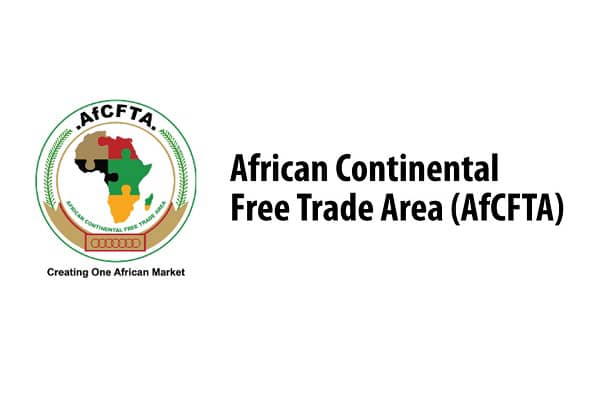The African Continental Free Trade Area (AfCFTA) stands as one of the most transformative pillars of Africa’s integration vision under the African Union’s Agenda 2063. With 55 member states, a population of over 1.4 billion, and a combined GDP of $3.4 trillion, AfCFTA represents a bold step toward economic self-determination, industrialization, and job creation across the continent—particularly for Africa’s youth, who make up 70% of the population.

This forum seeks to contribute to ongoing efforts to ensure intra-African trade grows by 6.6% annually between 2025 and 2027, while African nations—especially Nigeria—work toward achieving a revised GDP growth rate of 8%.
At the Unstoppable Africa Forum held during the UN General Assembly in New York, renowned economist Professor Jeffrey Sachs noted that Africa’s integrated market could achieve economic growth comparable to China and India—whose GDPs stand at $18 trillion and $13 trillion, respectively—if Africa fast-tracks integration. He stressed that enhanced connectivity and regional cooperation would help African entrepreneurs produce competitively and raise Africa’s share of global trade above the current 3%.
Nigeria, in particular, has been called to lead Africa’s economic revival. Quoting the late Nelson Mandela: “The world will not respect Africa until Nigeria earns that respect.” Similarly, Patrice Lumumba once said: “The day Nigeria wakes up, Africa will never be the same again.”

These ideals underpin the High-Level Forum on Harnessing the Private Sector for Africa’s Economic Renaissance, organized by the NEPAD Business Group Nigeria in collaboration with government agencies, private sector leaders, and development partners.
The NEPAD Group emphasizes that the private sector is the engine of Africa’s transformation. Through strategic collaboration, the forum aims to promote cross-border trade, enhance competitiveness, and foster inclusive prosperity. However, achieving AfCFTA’s promise requires building internal capacity, enabling business environments, improving infrastructure, and investing in human capital and innovation—key elements highlighted in Agenda 2063.
Africa must also shield itself from external shocks, including global economic volatility, geopolitical tensions, and shrinking development support. Resilience, policy coherence, and continental solidarity are critical to safeguarding progress.

As Adedotun Suleiman advised at the Chartered Institute of Directors’ annual conference:
> “In a world where disruption is inevitable, resilience is the ultimate advantage. The task of leadership is to build organisations strong enough to absorb shocks, adaptive enough to transform, and visionary enough to shape the future.”
This gathering of policymakers, business leaders, and development institutions seeks to craft actionable strategies to fully exploit AfCFTA’s opportunities and mitigate external risks.

Let us reaffirm confidence in Nigeria’s leadership and Africa’s collective capacity to achieve prosperity. With AfCFTA’s market projected to grow from $3.4 trillion today to $8.87 trillion by 2043, and over $10 trillion by 2063, the vision of a self-reliant, globally competitive Africa is within reach—if we act decisively and collaboratively.




